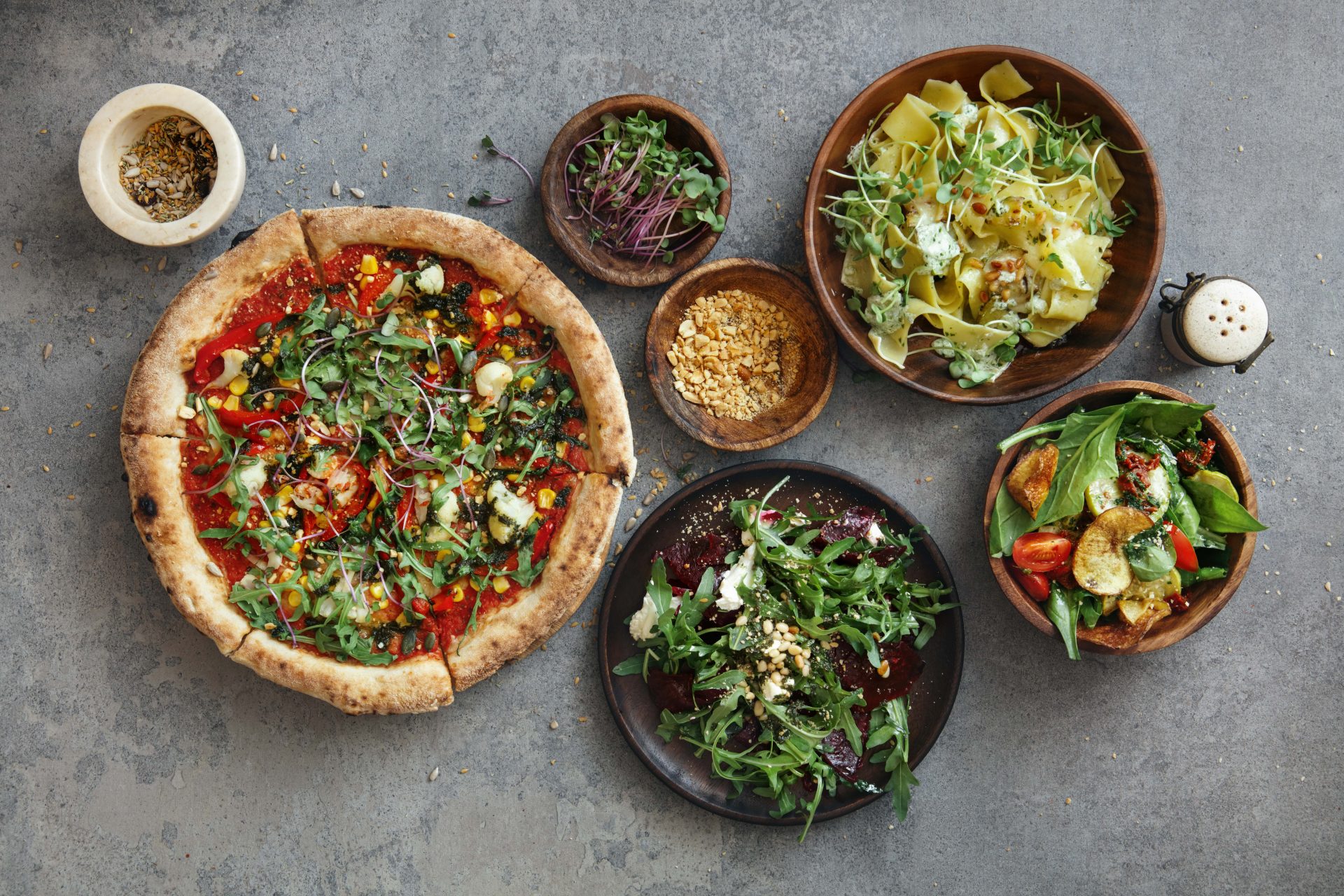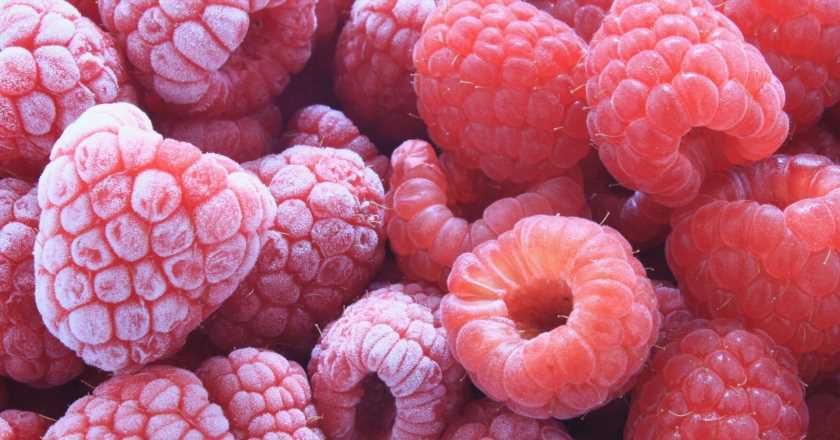We’ve been taught processed foods are bad for us – but what does that really mean?
In a recent video on Instagram, dietitian Clara Nosek made a video using only ‘processed’ foods. Nope, she didn’t blend up a Big Mac. Actually, she used ingredients such as frozen fruit, packaged spinach, a protein shake, peanut butter and yoghurt. Her point was that we use the term ‘processed foods’ to demonise what people eat – but most foods have gone through a process. “The term ‘processed foods’ is used as a quick all-encompassing label for ‘bad’ foods that should be avoided when really there is a more nuanced conversation to be had,” Nosek tells Stylist.
“Processing methods include washing, chopping, canning, freezing, as well as fermentation and pasteurisation,” explains dietitian Marilia Chamon from Gutfulness Nutrition. She explains that processing also involves the addition of ingredients, which may change the characteristics of flavour, shelf-life and even nutritional content of food. “However it is important to understand there are different categories of food processing, from minimally processed foods to ultra-processed foods.”
You may also like
Vegan alternatives: is oat milk and other plant-based drinks healthier than dairy?
Are processed foods bad for you?
Processed foods get a bad rap because of the fact that “generally, the more you prepare food the more you compromise its nutritional density,” says personal trainer and nutritionist Eleanor Heaton-Armstrong. But it’s not always true that more steps equal fewer benefits – while some processes may be less nutritious (i.e. juicing, which removes all of the fibre from fruit, or deep fat frying) there are others, like freezing, that actually help to maintain the nutrients in food.
Some items also need processing. “For example, dairy products go through a processing method called pasteurisation which kills potentially harmful bacteria,” says Chamon. Heaton-Armstrong agrees: “Tofu and tempeh are great sources of protein and B12 for non-meat eaters, and are made by processing soya beans. Fortified cereal and dairy products are also good ways of getting essential vitamins into kids’ diets, especially those prone to picky eating. However, movements like the raw food diet have jumped on the fact that processes are bad, and you should eat foods as close to their real state as possible to be healthy.”

That’s why it’s important to differentiate between processed foods generally, and those deemed ‘ultra-processed’. These are things that include a high amount of preservatives, artificial sweeteners or go through several different processes to reach their end point. “Examples include ready-to-consume products such as carbonated soft drinks, sweet or savoury packaged snacks, confectionery, and breakfast cereals,” says Chamon.
That’s not to say you should always avoid ultra-processed foods. For Heaton-Armstrong, there’s room for everything in our diets. “Salt, artificial sugars and trans-fat content appear more regularly in ultra-processed foods and are something to keep an eye on, but my approach is that no foodstuff should be demonised for any reason other than personal taste,” she says.
You may also like
What is a healthy diet? How diet culture corrupted our idea of good nutrition
Eating less ultra-processed foods is associated with less disease risk, according to research by the BMJ. But the risk is when diets are made up of a majority of ultra-processed foods, rather than simply including them as part of a varied diet. “As long as you look after your body with exercise and other foods, it can handle the odd burger or pizza,” says Heaton-Armstrong.
So back to that video, in which Nosek opted for peanut butter that contained added salt and sugar rather than 100% nuts, and fruit that was frozen rather than fresh. The lesson here is that it’s almost impossible to eat a balanced diet without eating foods that haven’t been even minimally processed (it would mean no washing, no cooking, no packaging, etc) and even dietitians themselves sometimes opt for the more processed versions. But most importantly, let it be a reminder of the sheer amount of shameful language that surrounds our diets.
“I think we should be more concerned with the way we label and discuss the foods we eat and limiting the stress of trying to have the ‘perfect’ diet,” adds Nosek. “We should be asking questions like: are we eating enough? Are we eating regularly? Are we cultivating a healthy relationship with food? Do we have access to a variety of fruits and vegetables?
“So often food is reduced to the macro and micro-nutrients they provide, and we quickly lose sight of the other roles food plays in our lives. Food is cultural. Food can be memories. Food can provide comfort. Food should be fun. And instead of worrying about what we need to restrict and limit, we could reframe the thought to ask ourselves what we can add: more vegetables? A new recipe? An alternative protein?” We say, stop worrying about processed food and just enjoy your frozen fruit and fortified oat milk.
Images: Getty
Source: Read Full Article
